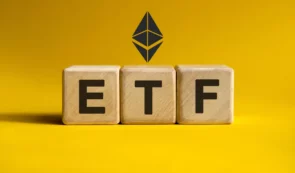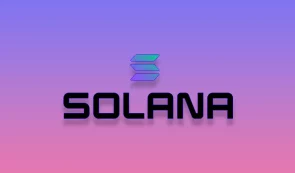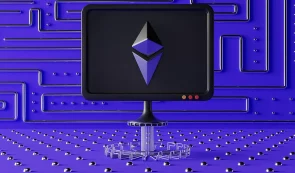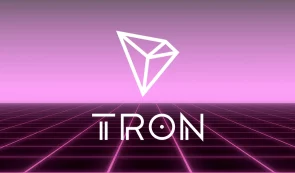Visa to Integrate Ethereum for Automated Payments

Visa is exploring the use of smart contracts and programmable payments in an attempt to enable Ethereum holders to set up automatic payments.
Visa has announced a proposal to allow Ethereum holders to set up programmable payments through their own wallets. In addition, the concept would exclude banks and centralized third parties from transactions.
Automatic payments could be easily set up on normal bank accounts. Ultimately, however, the bank controls the system and the funds transferred.
Despite the serious downturn in the crypto market, the company is venturing into the future of payments.
Visa will merge accounts into Ethereum
Catherine Gu, head of digital currencies and central bank protocols at Visa co-authored the proposal.
She said:
“If one of the main use cases of blockchain is payments, then the basic requirement is that blockchain works as well as it does today, or even better.”
The proposal uses a new concept known as account abstraction (AA). It is also one of the leading proposals by Ethereum’s developers to use smart contracts to achieve automatic payments.
The solution involves the creation of a smart contract that acts as an intermediary between a user account and a contract account, allowing for the creation of a standalone wallet that can automatically make recurring payments without the user having to actively manage anything.
The account abstraction, originally formulated by Vitalik Buterin in 2017 as EIP-86, offers a number of advantages. It allows for the creation of accounts with multiple holders by verifying multiple signatures and delegated accounts. The idea also allows for the creation of a public account through which anyone can conduct transactions.
As Visa explained:
“Essentially, AA enables programmable validation to verify and validate any blockchain transaction…”
The concept has not yet been implemented in Ethereum.
The credit giant is working with Ethereum developers
The Visa team has been working with Ethereum developers outside the company. The goal is to increase the capacity to process large volumes of transactions and provide more security and interoperability.
In late October, Visa filed two trademark applications outlining its plans for its own crypto wallets. It also made provisions for the management and auditing of crypto assets and utility tokens.
Also in October, the company partnered with JP Morgan to work together on private blockchains to facilitate payments between countries.
















